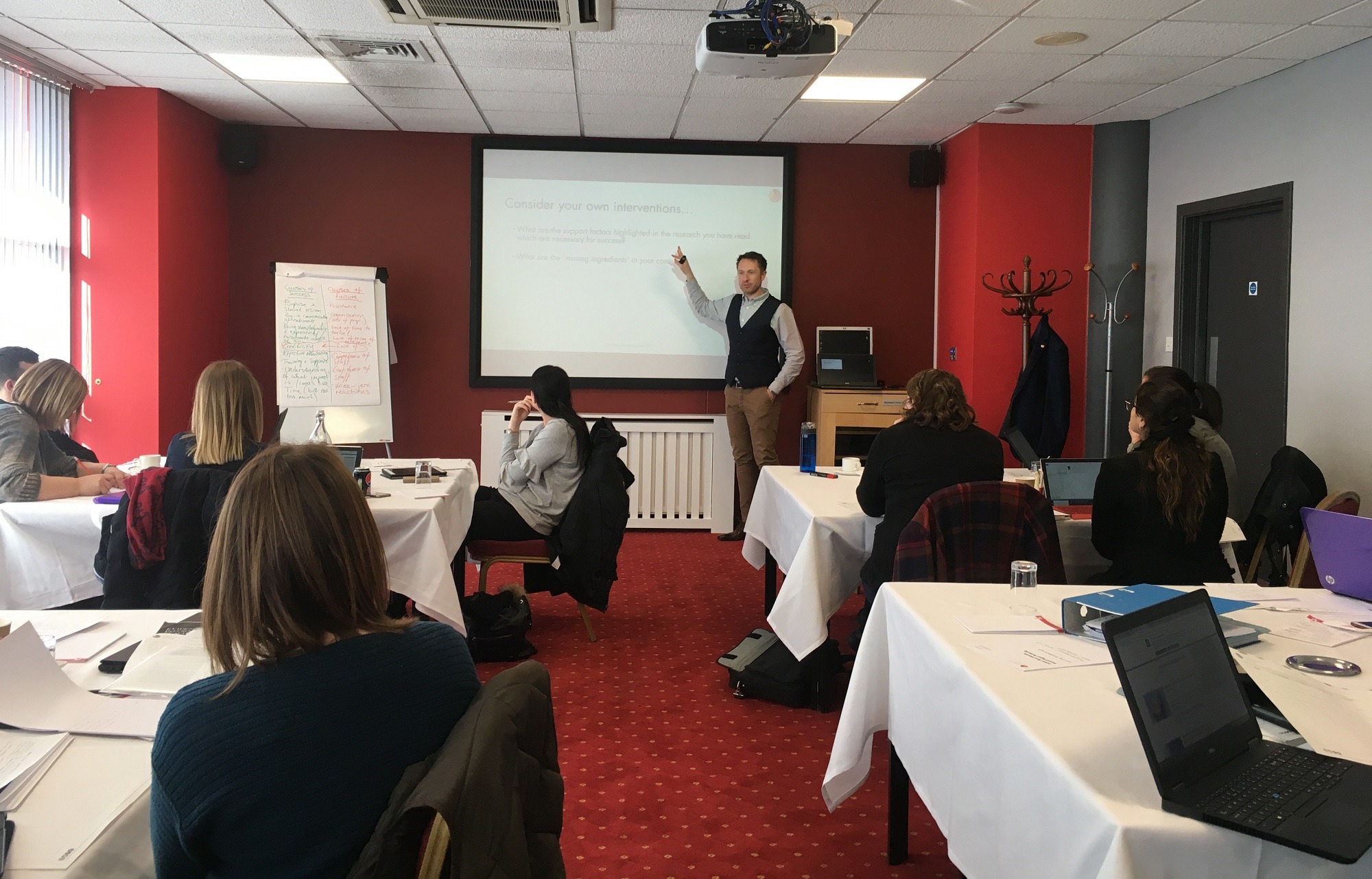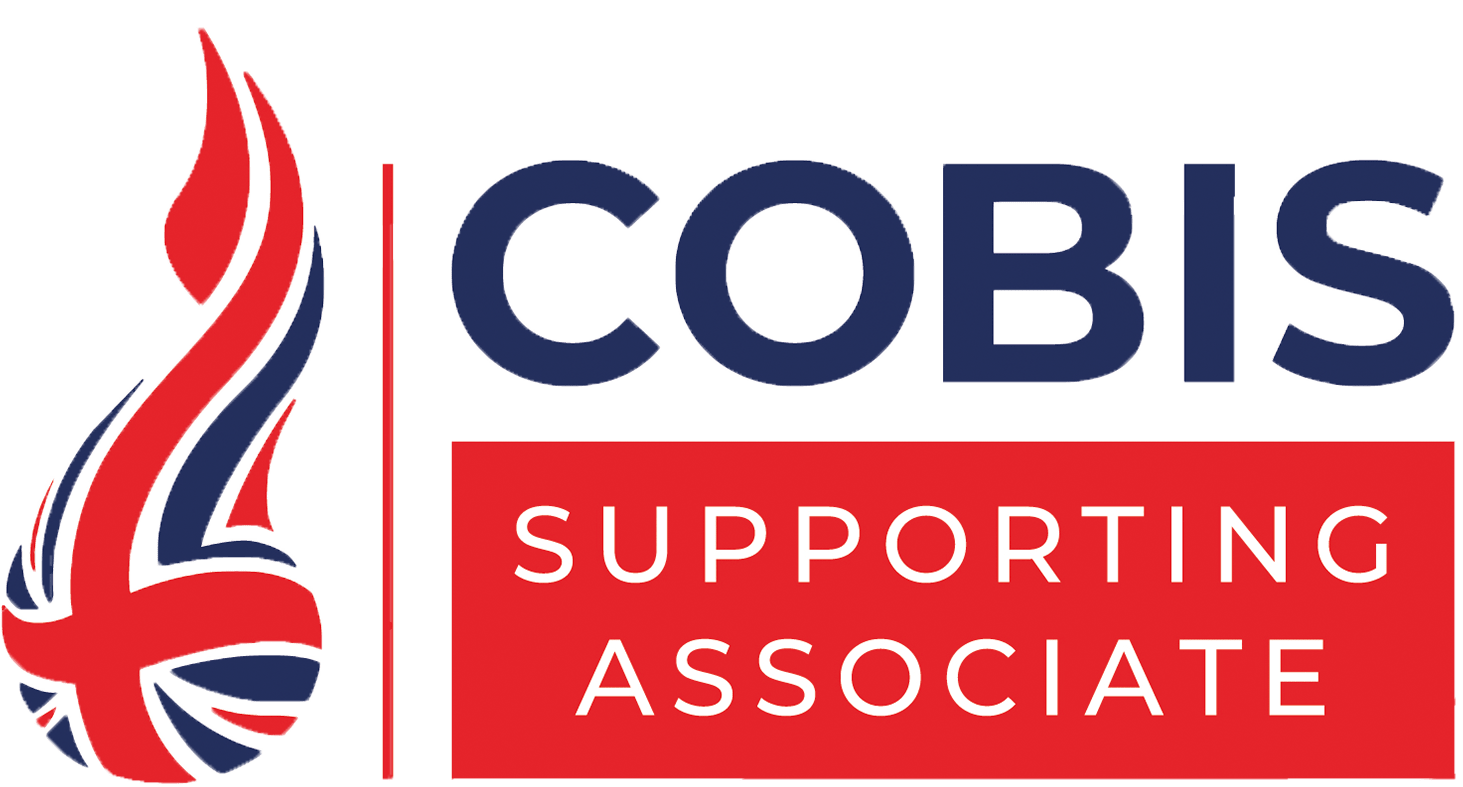“If teachers are to make wise decisions, they will need access to the very best evidence on what has already been proven to work, and they will need to be confident about the accuracy of that information.”
Baroness Estelle Morris, in The Guardian
Research Support Partnership
What is an RSP?
We made the Research Support Partnership (RSP) to give you – teachers, school leaders and decision-makers – the tools to cut through the snake-oil sales pitches you receive, the flimsy research quoted at you, and the government guidance imposed on you. The aim? Making better decisions for your students.
We expect that our doctors base their work on a robust understanding of the best available evidence of what works in treating illness and injury; the same bar is rightly being set for teachers around the world, but you need the tools and support to reach and surpass it.
How does it work?
Because no two settings are quite the same, the format of an RSP varies greatly (read our ‘Case Studies’ to see a few examples). However it looks in practice, though, we will train you to:
- understand the best available research in areas of real importance to you and your students’ learning (feedback, or assessment for instance);
- design evidence-based interventions which focus on student outcome impact;
- evaluate impact using the innovative ‘DIY’ evaluation methodology we helped develop; and
- embed and disseminate school-generated evidence across your network and further.
Why do an RSP?
Whether you are an individual school, a group or alliance, or a local authority, after a Research Support Partnership, you will:
- have a team of trained Research Leads, with the in-house capacity for ongoing innovation and evidence-based practice;
- be able to make better-informed decisions, rather than going on hunches or sales pitches;
- learn to conduct small-scale evaluations of interventions. We chose to implement something, so did it work? And should we continue it?
- perhaps most importantly, stop doing things that don’t work. Why waste time on interventions that you can demonstrate don’t work in your context?
Whatever the format, our programmes are in line with the best evidence on CPD in schools. Professional learning should, according to recent evidence, be carried out at least once a month, for a total of 30 to 50 hours per year. We ensure our Research Support Partnership aligns with these recommendations, while remaining pragmatic and feasible for busy teachers and school leaders.
What’s more, you will get access to our years of expertise in teaching, school leadership, government policy-making, evaluating, and RCT research. You will be cognitively engaged and challenged throughout a Research Support Partnership, but we also take seriously the fostering of a supportive climate for learning.
Case studies
Middlesbrough LEA School Improvement Project
Being an organisation based in the north-east of England, we are particularly proud to have worked with Middlesbrough Local Education Authority over the last year or so. Middlesbrough’s model is the School Improvement Project, a partnership of academy trusts, the LEA and school leaders. The purpose is to work together to build a network to help schools self-improve, and they chose to use the RSP as a vehicle to support this improvement. Read the case study here.

Cheshire Vale Teaching School Alliance
In the words of Ffion Eaton, Assistant Headteacher at Tarporley High School: “I wanted a bespoke programme of CPD that could take the alliance’s senior leaders on a journey of learning, very much like I had been privileged enough to experience as part of my RISE Research Lead training. We wanted to go beyond ‘action research’ and explore how systematic use of evidence could inform whole school improvement.”
We worked with 18 teachers from schools across the alliance, over two years, to help them in their mission. Read Ffion’s full guest blog post here.
Mulgrave School, Vancouver
We have worked with the Leadership Team at Mulgrave School previously, helping them to get the most out of their CEM assessment data. When we heard that their Centre for Innovation was keen to innovate in the world of research engagement, it presented a unique challenge. We came up with a bespoke, blended version of the Research Support Partnership, mixing two two-day training visits to Vancouver with regular webinars to guide them in becoming more research-informed. Watch the video to find out more.

Suffolk County Council
The team at Suffolk County Council wanted to improve research engagement in a small number of schools as a pilot. In spring 2017, we started a Research Support Partnership with them, running three blocks of two days’ in-person training with a group of Research Leads from around the county. Having now finished the sessions with that first group, we are looking forward to rolling out the training to another group in 2018.
For a participant’s point of view on an RSP, we featured a guest blog written by one of the participants, who at first was sceptical about the training. You can read their experience in full here.
Next steps
The format – and, of course, cost – of a Research Support Partnership depends on a number of things: the practicalities of travelling to you; your preferred mode of delivery; the number of teachers you want to train; the length of the programme; and how many days per year you can allot to it.
To discuss these options and to find out more, we’d be delighted to hear from you. The first step is to get in touch with us, and we’d be happy to arrange a phone call to answer any questions you have.






